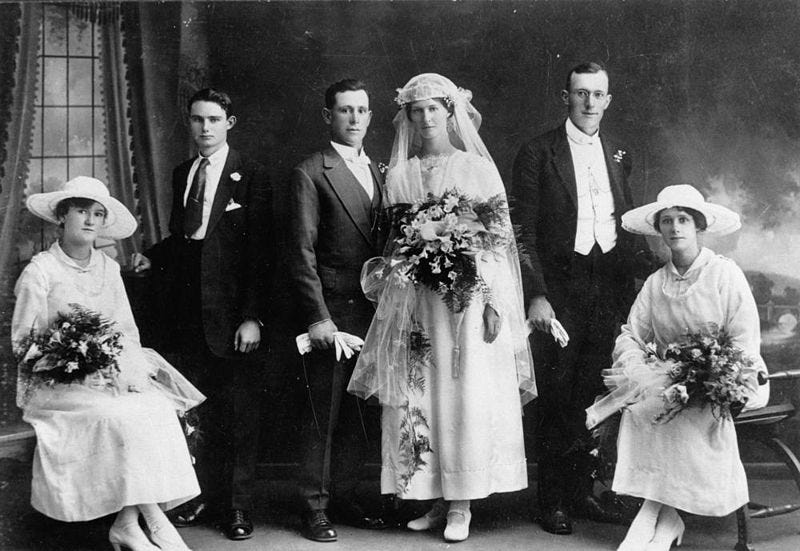
W. B. Yeats once called Rupert Brooke (1887–1915) “the handsomest young man in England.” And it’s true that Brooke endures in our cultural imagination as poster boy for that generation of poets lost to the First World War. Brooke’s own death, of blood poisoning in the aftermath of an insect bite, is hardly less horrific in its utter wastefulness than are the battlefield deaths of his contemporaries Edward Thomas and Wilfred Owen, both of whose poems have appeared recently at Poems Ancient and Modern. Dying early in the war, en route to what would become the catastrophe of the Dardanelles campaign, Brooke was spared the horrors that would come to define Owens’s poetry.
Keep reading with a 7-day free trial
Subscribe to Poems Ancient and Modern to keep reading this post and get 7 days of free access to the full post archives.



